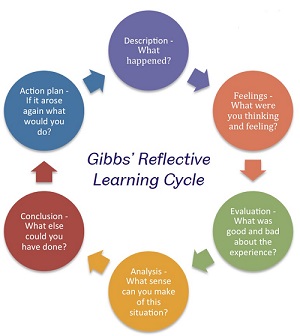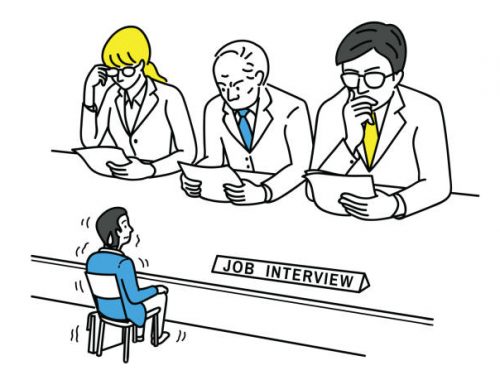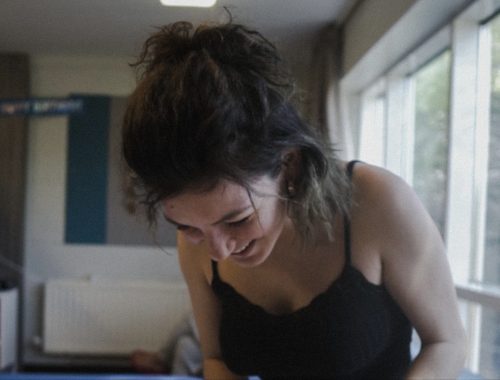Don’t Call Us, We’ll Call You.
Stare at the clock, check your phone, notice the glaringly obvious sweat patches forming under your blazer jacket, glare at your feet, rinse and repeat. The tried and true cycle of the waiting room is alive and well and no more obvious is it’s presence felt than when waiting for a job interview. The tension could be cut with a spoon, never mind a knife. The old adage of sink or swim is brought to life within the few minutes before meeting those who have the power to hire you. Your ability to manage and compartmentalise your nerves in order to fuel yourself for such a high pressure situation is a valuable asset within the hunt for employment; on paper you are eligible enough to be interviewed by the company, but it’s your nerve-management that weeds out the show-stoppers from the no-hopers. Everyone in the waiting area has as much of a right to be there as you and so it is up to you to compose yourself and show the company why you’re more than just a CV.

For me, I was afforded the opportunity to relive this experience during the Simulated Interview class in week 3 of the Work-based Learning module. We were given the outline “This group will take turns to be the interview candidate, interviewed for their chosen Job Description.”1 Being able to perform well in interviews is a great trait to have and the opportunity to have a trial run of this experience will prove to be beneficial for myself and the class as we seek to gain employment post-university.
“In most cases, the best strategy for a job interview is to be fairly honest, because the worst thing that can happen is that you won’t get the job and will spend the rest of your life foraging for food in the wilderness and seeking shelter underneath a tree or the awning of a bowling alley that has gone out of business.”2
horseradish, Lemony Snicket
The quote above being an obvious joke surrounding the perceived importance of interviewing well, I still sought to perform to the best of my ability as if the simulated interview were a real job opportunity. The job I chose to interview for was for that of a Drama Therapist for the Hope Service. I chose this job as one to pursue as I felt like I had noticeable qualities that would lend themselves both to the role itself and to interviewing well. I have experience caring for those with mental health issues and disabilities, I have an affable demeanour and I have a good foundation of drama and teaching; all of which allow me to be perceived as a realistic candidate for the role. I will be using the Gibb’s Reflective Learning Cycle3 to analyse the process from beginning to end in order to evaluate how I performed in what could have been a real job interview.

I began the interview by walking into the room with confidence and making sure to look the interviewers in the eye. I felt like this portrayed a feeling of ease and a command of presence within the room. This was a good way to begin as immediately it showed that if I had nerves they weren’t visible in this portion of the interview process, however, I would maybe show more vulnerability from the outset in future so as to not have them misconstrue my calmness with apathy. Within the situation, I made a solid first impression and started off the interview on a strong note. I perhaps could have made an attempt to portray confidence even further through a big gesture such as shaking the interviewers’ hands. If I were to make a first impression again, I would make sure to further my confidence through establishing physical contact whilst also allowing excitable passion to come through via an expressive smile.
Settling into the interview I decided to lead with passion and vulnerability over concise and overly-factual statements regarding the questions. Much of the questions focused on my history and relevant experience with drama therapy, my passions and my hopes for what the company can do for me. I felt as if I had done a great job of differentiating myself from other potential employees through approaching the interview with emotion over a desire to list the reasons why I was the best candidate. I found that my sensitivity lent itself exceptionally well to building a rapport with the interviewers, however, I felt like I lacked in solid fundamentals that they may have been looking for such as the ability to give them the information they were looking from the questions as succinctly as possible. Looking at the situation as a whole, I feel as if my approach made sense as the interviewers already know the information surrounding job history and are looking to know the candidate on a personal level. I believe I could have done more to pair the congenial side of my personality with the more composed and professional side. In future, I will prepare answers that highlight both of these aspects of my personality, using long and vivacious answers when necessary and short and concise answers when required.
To conclude, I feel as if I did a great job within the interview process and my utilisation of the Gibb’s model shows this. I touched upon my own experiences within therapy, the time I’ve spent caring for my father and sister who suffer from disabilities and mental health issues, and I drew upon curricular and extracurricular experiences of me being a good leader and team worker such as being the leader of Student Voice and captaining the rugby team. All of this helped me to perform exceedingly well within the interview process and I believe that I would have left the interview anticipating a job offer had it been a real job interview.
Bibliography:
1 Overview for Week 3: AEL3001: Work-based Learning (2211_FYR), https://canvas.qub.ac.uk/courses/15226/pages/overview-of-week-3?module_item_id=591413
2 Horseradish, Lemony Snicket, pg 45, (2007)
3 ed.ac.uk/reflection/reflectors-toolkit/reflecting-on-experience/gibbs-reflective-cycle
Simulated Interviews
You May Also Like

When the BBC thinks you live in the Atlantic – My Simulated Interview
17 February 2022
Simulated Interrogation
18 February 2022
